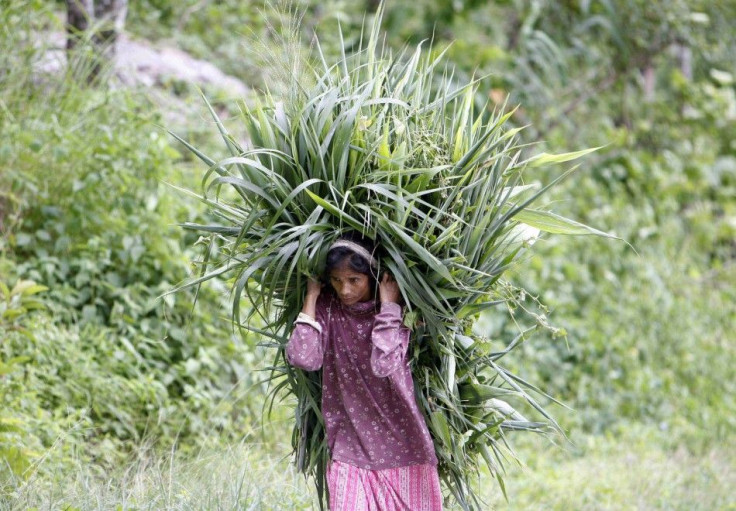Unrest and strike in Darjeeling, India threatens local tea economy

The fatal shooting of three separatists in the India’s tea-producing regions of Darjeeling in West Bengal state have prompted an indefinite strike that is likely to shut down the local economy.
The strike was called by the Gorkha Janamukti Morcha (GJM) party to protest the deaths their members by police. Police claim they had to fire their weapons when a large group of 3,000 GJM members and supporters attacked them Tuesday night at Sibchu.
One female guard was stabbed. Gun shots were fired at us. As the situation in Sibchu was spinning out of control, a local magistrate ordered the firing to control the crowd, said police official Surojit Kar Purokayastha.
GJM countered that the shootings were unprovoked.
Our supporters were on a peaceful hunger strike and had taken out a rally with no violent intentions, GJM general secretary Roshan Giri told the local press. The police tried to break up their rally and provoked a cycle of violence leading to the firing, he alleged.
After the shootings, GJM mobs set government buildings, including the telephone exchange, buses and officials cars afire.
Military officials have been deployed into the area to impose control.
The GJM seeks to create a separate state of Nepali-speaking Gorkhas in Darjeeling.
The modern demand for a separate homeland – called Gorkhaland -- goes back at least a hundred years, leading ultimately to the formation of the Darjeeling Gorkha Hill Council (DGHC) in 1988, which provided the region with a large measure of autonomy. However, Gorkha hardliners resumed the fight for an independent homeland about three years ago, having been unsatisfied with the autonomy arrangement.
The Chief Minister of West Bengal, Buddhadeb Bhattacharjee, has rejected demands for a ‘Gorkhaland’ and warned that things could get complicated if the GJM refuses to budge.
India’s Gorkhas are closely related to the Gurkhas of Nepal, and are physically distinct from the dominant Bengali of West Bengal.
Darjeeling is of course known globally for its tea, the production of which is estimated to employ at least 50 percent of the local population.
According to a government website, there a total of 78 tea estates in the hills of Darjeeling and they produce over 9 million kilograms of tea per year.
© Copyright IBTimes 2024. All rights reserved.











